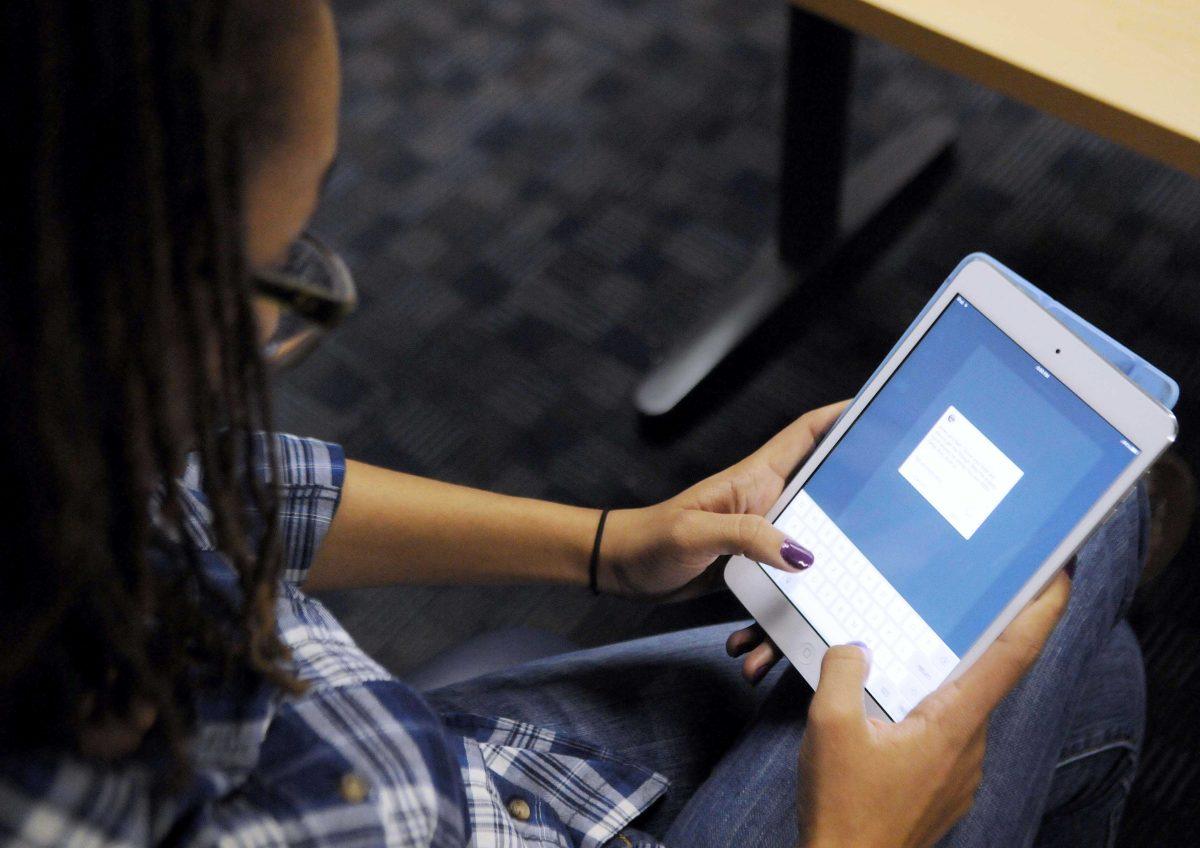When I told my mother about my three year online friendship with a Scottish boy, I thought she was going to have a panic attack.
We grew up as a generation that was told not to talk to strangers and we were the first to be told about the threat they pose online. Our teachers and parents, even some Disney Channel shows, taught us the friendly usernames can quickly turn manipulative and scary once they gain our trust.
But surely every stranger on the Internet can’t be a predator.
We’re slowly learning to accept the Internet as an enhancement in our lives, and finding a place for it in our social circles. But even with one-third of new marriages in America starting online, according to a 2013 study in Proceedings of the National Academy of Sciences funded by the dating site eHarmony, people still look down on those relationships.
And we look down on platonic relationships, as well.
John Green, a young adult novelist and Youtube vlogger, can be considered an activist for digital friendship. Especially with his fanbase, a group calling themselves Nerdfighteria, which was founded using the Internet as a means of reaching out to like-minded people.
But even Green will point out the negative connotation that comes with Internet friends.
“It implies that people you know online aren’t really your friends, that somehow the friendship is less real or meaningful to you because it happens through Skype or text messages,” Green wrote in his introduction to the biography of a nerdfighter, with whom he kept up with online before she died from cancer.
My mother grew up making friends with people she went to school with, and while I’ve done the same, I’ve also made meaningful bonds with people that grew up thousands of miles away from me.
The Internet allows friendships to form based on sharing interests instead of just a ZIP code.
The quality of a friendship is not how close you are physically, but how significant of a role the other person plays in your life. Online and in person, the greatest friendships comfort us and pull us out of ourselves.
Coming to LSU, I was terrified of the almost 30,000 other students and how few of them I knew. But using the Internet, I was able to find an online community of current and future LSU Tigers.
But those friendships aren’t any less or any better than the ones that I’ve made in person, though they are a bit different.
My friendship with David, a 20-year-old Tumblr user in Scotland, was sparked about a year after we initially followed each other’s blogs. We had both gone through the death of a close friend and were trying to deal with our losses.
Finding someone who I could talk openly with about grief without feeling like a burden was something I could not find in my group of real-life friends. And the more I talked to him, the more I realized how similar we were.
While I’ve met many of my online friends in person at some point, that is not a defining part of online friendships. I could go the rest of my life never meeting David in person, and I would still consider him to be largely influential on who I am.
It’s important to realize, as technology becomes more prevalent in our lives, that we are not 7 billion separate entities logging in, isolated on the Internet. There are significant connections that can be made.
And, if nothing else, it makes the big, scary world feel a lot smaller.
Jana King is a 19-year-old communications studies sophomore from Ponchatoula, La.
Opinion: Friend Request Accepted: Online friendships, relationships not inherently creepy
By Jana King
February 9, 2014
More to Discover








